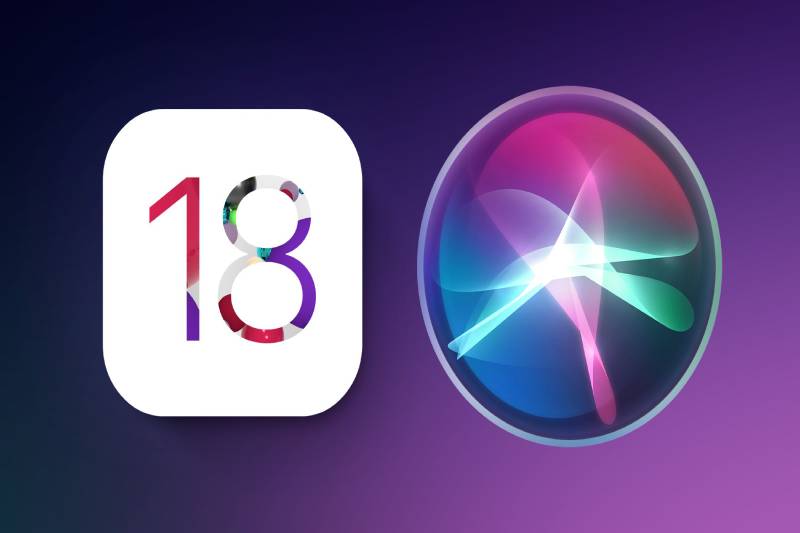Technology
iOS 18: iPhone’s Shortcuts App for Complex Tasks Now Features ChatGPT-Like AI

Technology
Microsoft Expands Copilot Voice and Think Deeper
Technology
Google Launches Free AI Coding Tool for Individual Developers
Technology
Elon Musk Unveils Grok-3: A Game-Changing AI Chatbot to Rival ChatGPT
-

 Entertainment4 weeks ago
Entertainment4 weeks agoJane Austen Wrecked My Life Hits Theaters May 2025
-

 Entertainment4 weeks ago
Entertainment4 weeks agoViola Davis Shines as U.S. President in Amazon Thriller ‘G20’
-

 Entertainment4 weeks ago
Entertainment4 weeks agoBlotto Documentary Set to Premiere at Cohoes Music Hall
-

 Entertainment4 weeks ago
Entertainment4 weeks agoRobert Pattinson Could Join Star-Studded Cast of Dune 3
-

 Entertainment3 weeks ago
Entertainment3 weeks agoHBO Confirms Hogwarts Staff Casting in Harry Potter TV Series
-

 Entertainment3 weeks ago
Entertainment3 weeks ago“Him” Teaser: Jordan Peele’s New Sports Horror Film Tackles Obsession and Sacrifice
-

 Entertainment4 weeks ago
Entertainment4 weeks agoPredator: Killer of Killers Unleashed June 2025
-

 Entertainment4 weeks ago
Entertainment4 weeks agoJennifer Lopez Stuns in Bold Black Bodysuit















